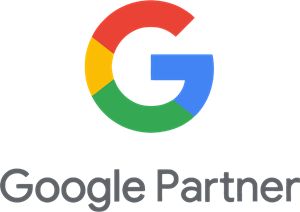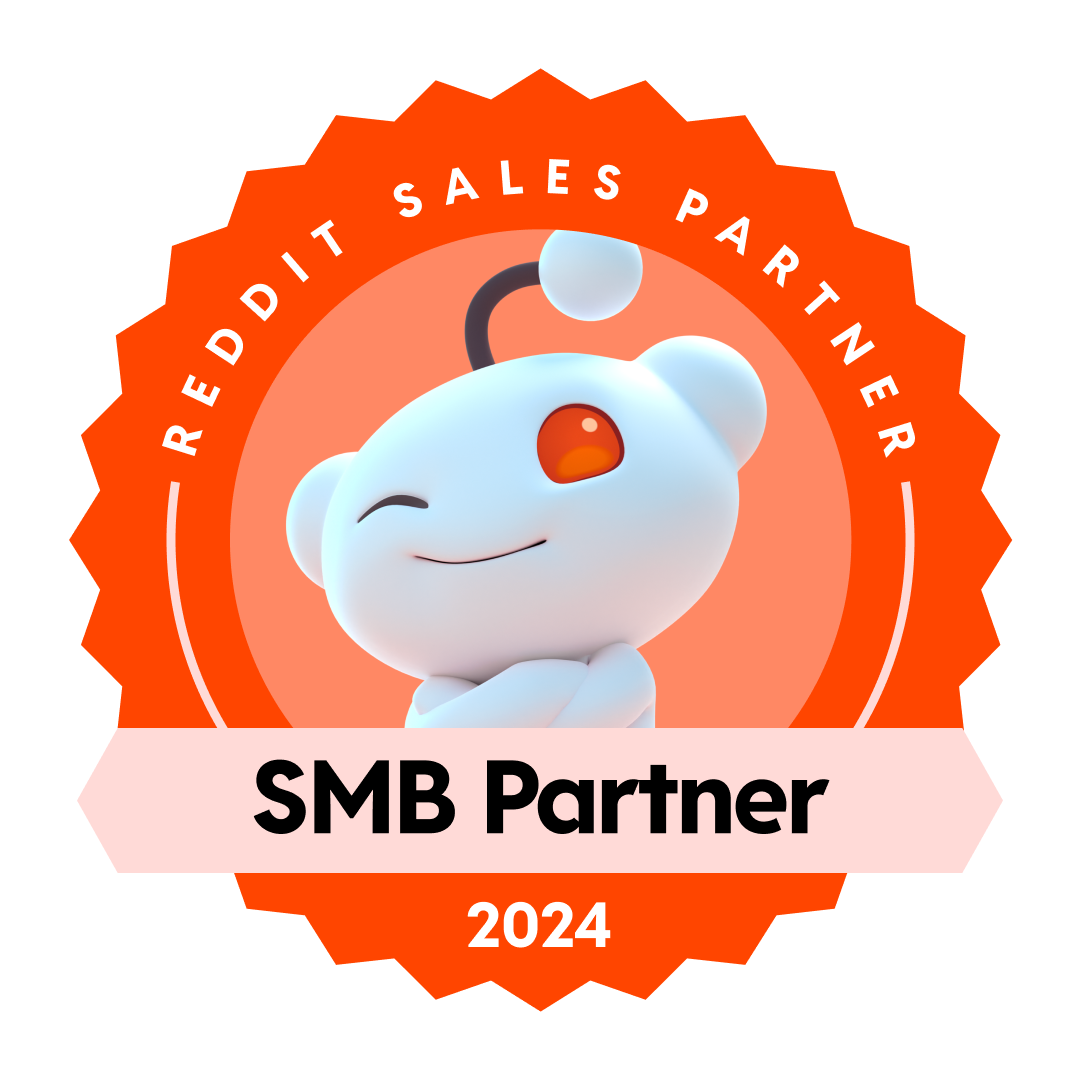In 2025, AI automation is no longer a futuristic concept—it’s a fundamental component of effective marketing strategies. From predictive analytics to AI-powered chatbots, automation tools are transforming how brands engage with customers, optimize campaigns and drive growth. Yet, while these technologies offer immense potential, leveraging them effectively requires more than just access to the latest tools; it demands strategic insight and expertise.
This is where agencies come into play. By partnering with experienced marketing agencies, businesses can harness the full power of AI automation to achieve tangible results.
The Rise of AI Automation in Marketing
AI automation encompasses a range of technologies designed to streamline and enhance marketing efforts. Key components include:
- Marketing Automation: Automating repetitive tasks such as email campaigns, social media posting and lead nurturing.
- Predictive Analytics: Analyzing data to forecast customer behavior and optimize marketing strategies. Read more here.
- AI-Powered Ad Targeting: Utilizing machine learning to deliver personalized ads to the right audience at the right time.
- Automated Content Creation: Generating content using AI tools to maintain consistency and relevance across channels. This now includes not only written content but also AI-generated imagery, video and interactive media formats that are becoming standard in content pipelines for agencies and brands alike.
Widespread adoption reflects this shift. Today, over 70% of businesses are using AI in marketing, and more than 75% have integrated AI tools into daily operations.
More advanced agency solutions now include AI agents—autonomous systems capable of managing multi-channel marketing, reallocating budgets and optimizing creative in real time. These systems operate with minimal human intervention and have become central to modern AI marketing strategy.
These technologies enable brands to operate more efficiently, personalize customer experiences and make data-driven decisions.
Why Agencies Are Essential in the AI Era
While AI tools are increasingly accessible, effectively integrating them into a cohesive marketing strategy is complex. Agencies offer several advantages:
- Strategic Implementation
Agencies possess the expertise to align AI tools with business objectives, ensuring that automation efforts support overarching goals. They can identify which processes to automate and how to do so effectively.
- Customization and Integration
Off-the-shelf AI solutions may not fit every business’s unique needs. Agencies can customize and integrate AI tools into existing systems, creating seamless workflows that enhance productivity.
- Continuous Optimization
The digital landscape is ever-evolving. Agencies monitor performance metrics and adjust strategies in real-time, ensuring that AI-driven campaigns remain effective and relevant.
This includes real-time campaign optimization driven by AI systems that continuously learn and adapt. These systems automatically reallocate ad spend, refine audience segmentation and test new creatives—without human direction—based on live performance feedback.
- Creative Expertise
While AI can generate content, human creativity is essential for crafting compelling narratives and brand messaging. Agencies blend technological capabilities with creative insights to produce engaging content.
Real-World Applications of AI Automation
Agencies are leveraging AI automation in various ways to deliver measurable results:
Automated Marketing Workflows
By automating workflows, agencies help businesses streamline operations. For instance, automated email sequences can nurture leads through the sales funnel, while AI-driven social media scheduling ensures a consistent online presence.
AI Chatbots for Customer Engagement
AI-powered chatbots provide instant responses to customer inquiries, enhancing user experience and freeing up human resources for more complex tasks. These chatbots can handle everything from answering FAQs to guiding users through the purchasing process.
Predictive Analytics for Personalized Marketing
Agencies utilize predictive analytics to anticipate customer needs and tailor marketing efforts accordingly. By analyzing past behaviors and preferences, businesses can deliver personalized content that resonates with their audience.
Programmatic Advertising
Programmatic advertising uses AI to automate the buying and placement of ads, targeting specific audiences with precision. Agencies manage these campaigns to maximize ROI, adjusting parameters based on real-time performance data.
The Future of AI Automation in Marketing
As AI technology continues to advance, its role in marketing will only grow. Emerging trends include:
- Hyper-Personalization: Delivering highly tailored content and experiences based on individual customer data.
- Voice and Visual Search Optimization: Adapting content for voice assistants and visual search tools to meet changing consumer behaviors.
- Advanced Customer Journey Mapping: Using AI to analyze and predict customer paths, enabling more effective targeting and engagement strategies.
- AI-Driven Measurement and Attribution: Modern AI attribution models now offer granular, real-time insights into which channels, campaigns, and even individual messages are driving ROI. Agencies use these systems to pinpoint value at every touchpoint across the customer journey. Learn more about this here.
Agencies will play a crucial role in navigating these developments, ensuring that businesses remain competitive in a rapidly changing environment.
Final Thoughts
AI automation offers powerful tools for enhancing marketing efforts, but realizing its full potential requires strategic implementation and ongoing optimization. By partnering with experienced agencies, businesses can effectively integrate AI technologies into their marketing strategies, driving real results and staying ahead in the digital landscape.




























